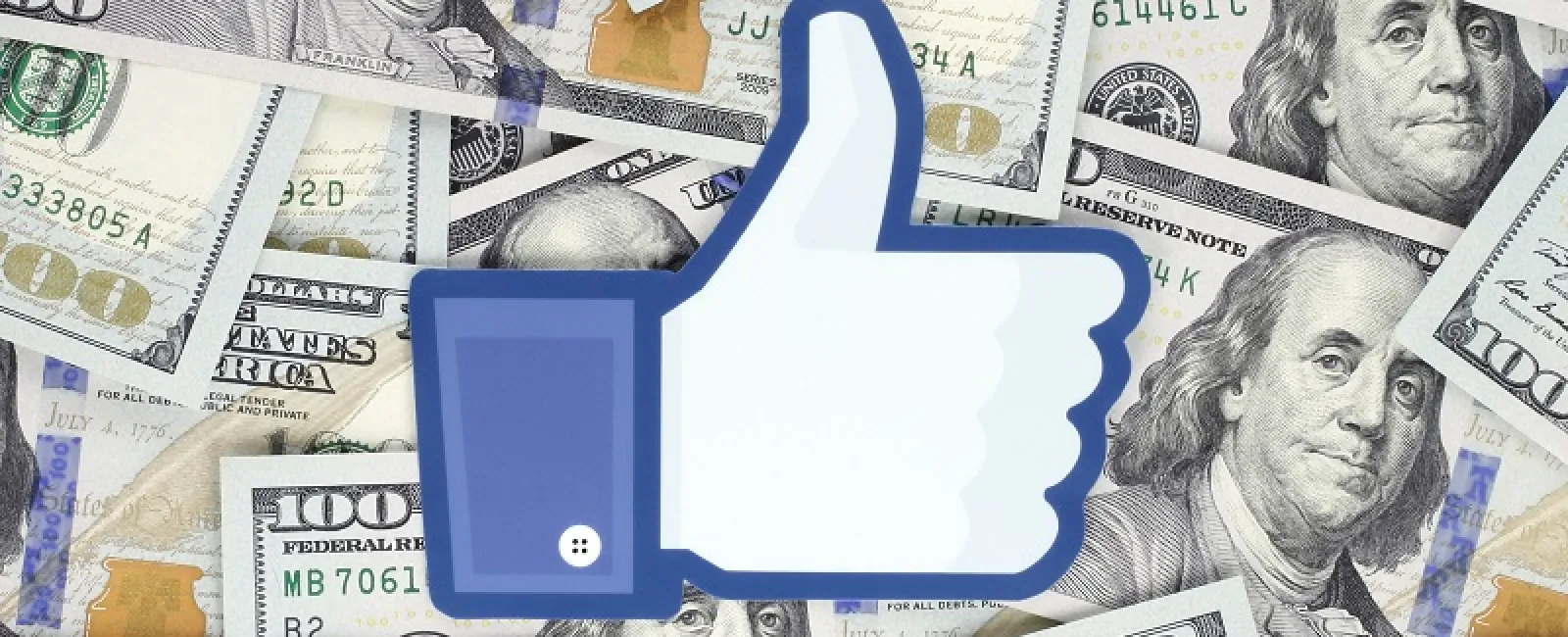May 24, 2023
In a surprising turn of events, Facebook has been ordered to pay a staggering $725 million as part of a settlement resulting from multiple lawsuits accusing the company of breaching users’ privacy. Furthermore, another class action lawsuit demands $650 million for unlawfully collecting and storing the biometric data of approximately 1.3 million Illinois residents without their informed consent.
The lawsuits allege that Facebook indiscriminately shared users’ and their friends’ data with third parties, neglecting to obtain proper consent or oversee how these parties accessed and utilized the information.
According to the plaintiffs’ lawyers, approximately 250 to 280 million individuals may be eligible to receive compensation through this lawsuit. The amount of money each person receives will depend on the duration of their Facebook account’s existence and the number of claimants.
It’s important to note that after lawyers’ fees are deducted, the settlement amount will be divided accordingly. Therefore, don’t anticipate a big windfall that could enable you to relocate to Beverly Hills. As with most class action lawsuits, the lawyers will take home the big paychecks and the claimants will most likely get the equivalent of something between a cup of coffee and a nice pair of shoes.
If you had a Facebook account between May 24, 2007, and December 22, 2022, you are automatically included in the settlement. However, you must submit a claim by August 25 of this year via the provided website, https://facebookuserprivacysettlement.com. If you don’t submit a claim, you won’t get anything from this suit and you won’t be able to participate in any other lawsuit against Facebook related to these specific claims.
Another option, if you possess the ambition (and resources to cover legal expenses), would be to exclude yourself from this lawsuit and independently sue Facebook. However, bear in mind that this approach will likely take a lot of work and a lot of money – as you’ll have to pay your own lawyers and experts to come up with the evidence necessary to win your case.
All that said, it is encouraging to witness big tech companies being held accountable for accessing, selling, and sharing our data without our consent, don’t you agree?
However, relying solely on lawyers or governmental measures to safeguard our identities and personal information is insufficient. Companies like Meta generate exorbitant profits by capitalizing on our data. For instance, Meta’s revenue from a FREE app exceeded $116 billion last year, obtained through data sales and access. Although this lawsuit is substantial, it merely constitutes 0.62% of the company’s total revenue—an insignificant fraction.
Think about it – Meta is a legitimate company, harvesting data according to its own terms and conditions, and selling that data to others so that they can advertise to us in a way that feels personal. This lawsuit is an example of where they (allegedly) crossed the line – selling data without consent or oversight.
But what about the hundreds and thousands of illegitimate people – bad actors – who are simply trying to collect personal information so they can sell it for nefarious reasons?
The proliferation of the dark web and the surge in hacking activities demonstrate the immense profitability associated with obtaining personally identifiable information (PII). Consequently, it is imperative to exercise caution and avoid falling victim to data theft, sharing, and sale.
Put more simply: data about people is hugely profitable.
As business owners, we have to continuously consider how we store and utilize our clients’ data.
This lawsuit exemplifies the government’s commitment to data privacy and protection, resulting in increased regulatory compliance requirements for data security and privacy across all industry sectors.
At the same time, it points out the need for vigilance and commitment to keeping the bad actors out of not only OUR personal information, but out of ANY personal information that our clients, partners, and/or employees have provided to us.
As far as Facebook goes, one way to prevent the sharing of your information is by navigating to the privacy settings on Facebook. Locate the “Your Facebook information” section and proceed to “Off-Facebook activity” and “Recent activity” to clear your browsing history.
Additionally, you can select “Manage future activity” and opt to “Disconnect future activity” to disable this feature. Be aware that taking this step may eliminate the personalized advertisements you receive from Facebook.
Another precautionary measure is to review the privacy settings on your mobile device to ensure that installed apps do not have unrestricted access to your camera and microphone unless you explicitly grant permission for such functions. Many apps are configured to have this access by default, requiring you to manually disable it.
Regarding the information you’re storing on your business systems, are you absolutely certain that you won’t inadvertently compromise your employees’, partners’, or clients’ data or violate data protection laws? If there’s a doubt in your mind, I invite you to schedule a brief, confidential conversation with us at 973-828-0488. Let’s work together to figure out your risks and how you might mitigate them.
